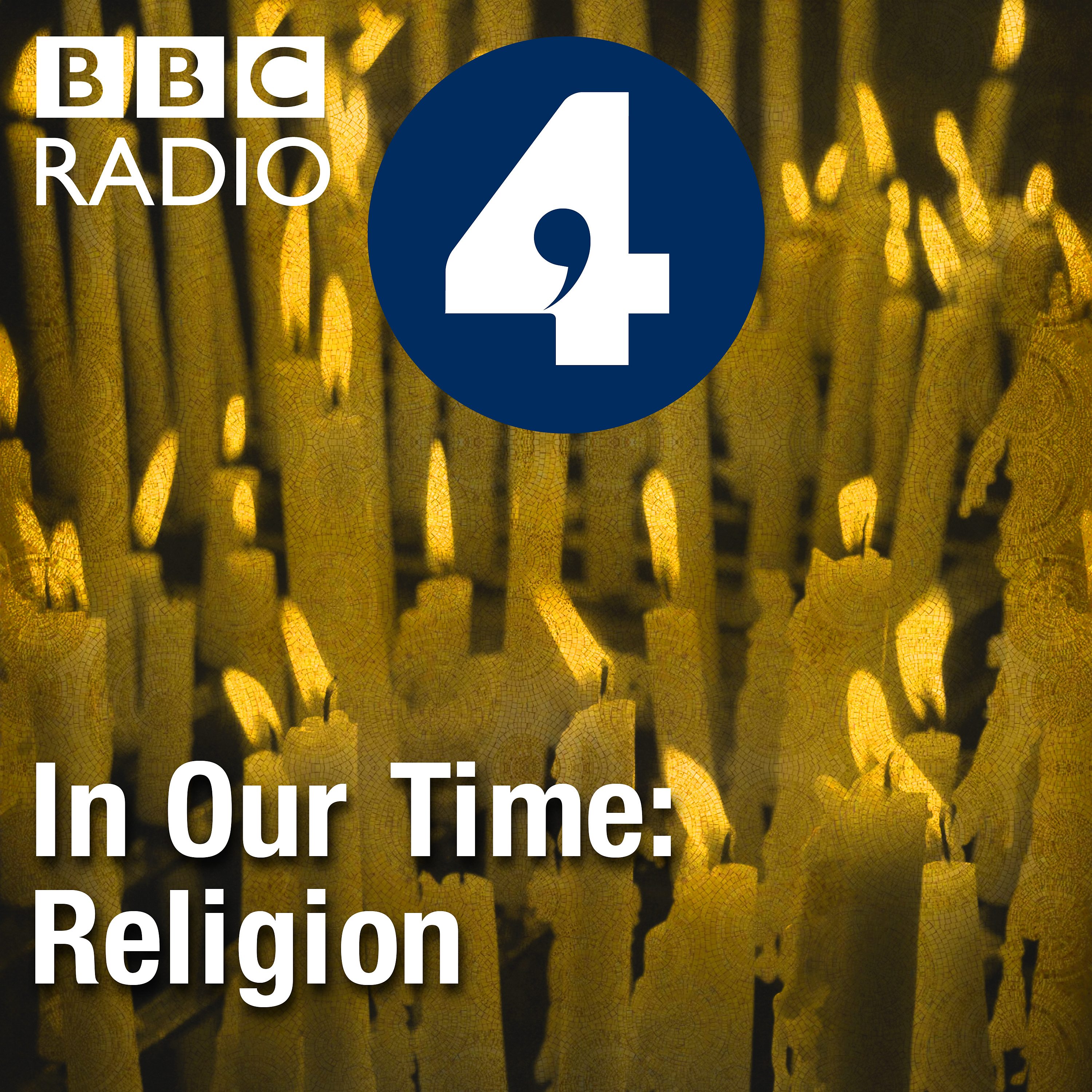Dietrich Bonhoeffer
Description
Melvyn Bragg and guests discuss the ideas and life of the German theologian, born in Breslau/Wroclaw in 1906 and killed in the Flossenbürg concentration camp on 9th April 1945. Bonhoeffer developed ideas about the role of the Church in the secular world, in particular Germany after the Nazis took power in 1933 and demanded the Churches' support. He strongly opposed anti-Semitism and, with a role in the Military Intelligence Department, took part in the resistance, plotting to kill Hitler and meeting with contacts in the Allies. Bonhoeffer's ideas on Christian ethics and the relationship between Christianity and humanism spread more widely from the 1960s with the discovery of unpublished works, including those written in prison as he awaited execution.
With
Stephen Plant
Dean and Runcie Fellow at Trinity Hall at the University of Cambridge
Eleanor McLaughlin
Lecturer in Theology and Ethics at the University of Winchester and Lecturer in Ethics at Regent’s Park College at the University of Oxford
And
Tom Greggs
Marischal Chair of Divinity at the University of Aberdeen
Producer: Simon Tillotson
More Episodes
Melvyn Bragg and guests discuss the last pagan ruler of the Roman Empire. Fifty years after Constantine the Great converted to Christianity and introduced a policy of tolerating the faith across the empire, Julian (c.331 - 363 AD) aimed to promote paganism instead, branding Constantine the worst...
Published 04/18/24
Published 04/18/24
Melvyn Bragg and guests discuss one of the most influential theologians of the twentieth century. Karl Barth (1886 - 1968) rejected the liberal theology of his time which, he argued, used the Bible and religion to help humans understand themselves rather than prepare them to open themselves to...
Published 01/04/24


